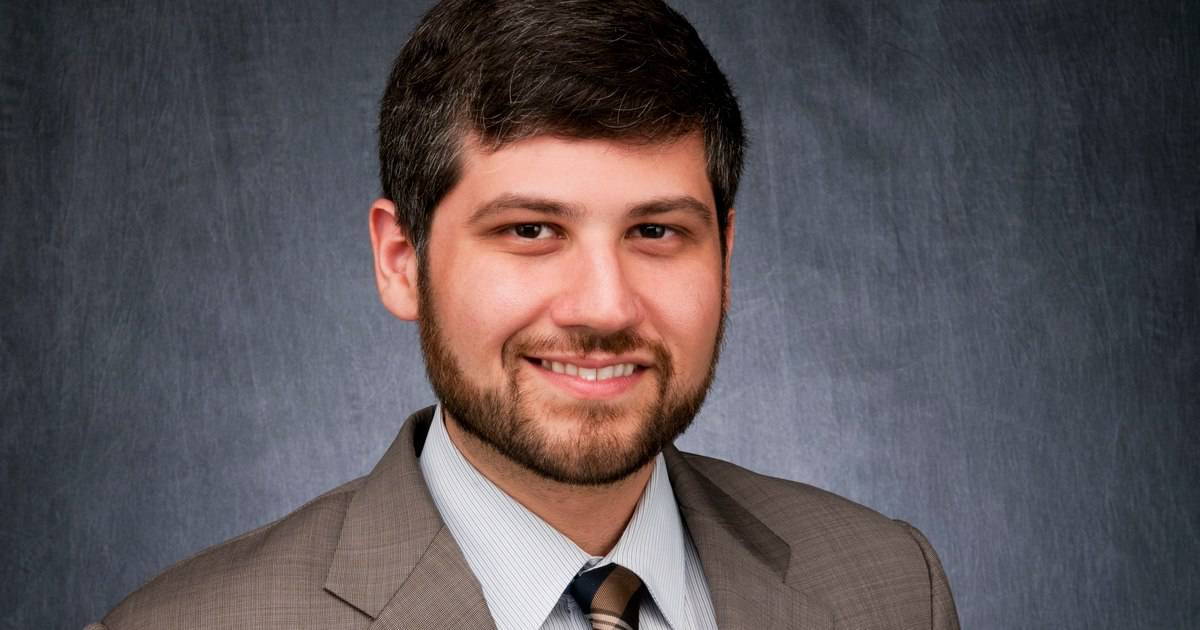Introduction
A panel of National Academy of Engineering scientists is examining technical issues behind the BP oil spill in the Gulf of Mexico, including chaotic firefighting attempts preceding the collapse of the offshore drilling rig that were spotlighted in a Center for Public Integrity investigative story last month.
Headed by former Navy Secretary Donald Winter, the panel held its first public meeting last Thursday and Friday to begin looking into the probable causes of the April 20 explosion on the Deepwater Horizon rig and what measures are needed to prevent a repeat of the accident that led to the worst environmental disaster in U.S. history. The scientists plan to release a preliminary report in October, followed by a final report in June 2011.
Scientists on the panel asked Coast Guard officials whether firefighting equipment on the rig was adequate to control the blaze.
Coast Guard Capt. Eric Christensen, Chief of Vessel Activities, declined to answer, saying that issue is under investigation by Coast Guard officials in New Orleans. The Center’s story focused on the haphazard firefighting by private boats spraying tons of water on the platform, which may have affected the ballast system that kept the rig upright. The rig sank two days after the explosion, triggering the leak of massive amounts of crude oil from the underwater riser pipe.
Paul Bommer, a petroleum engineering lecturer at the University of Texas, told the Center in July that he thought the fire “was impossible” to put out. Bommer is a member of the National Academy of Engineering panel now examining the BP accident.
The panel repeatedly asked who was in charge of the rig during an emergency such as a fire, a line of questioning also brought up during the Coast Guard’s May hearing in New Orleans. Christensen told the scientists that the rig’s Master was ultimately responsible and has “absolute control [of the rig] in emergency situations.”
Also taking part in the panel’s hearing was Brian Poskaitis, a regulator from the Marshall Islands, the flag state where the Deepwater Horizon was registered. Poskaitis, the Deputy Commissioner for Maritime Affairs, said Marshall Islands’ safety codes for offshore drilling platforms were designed “with fire hazards in mind,” but acknowledged that platforms are not required to have on-board gear to fight an oil leak-fed fire.
Winter and his panel also brought up the claim made by a rig employee at the New Orleans hearings, that a series of alarms were turned off for over a year. The panel asked how a series of inspections by the Coast Guard and the Marshall Islands had missed the problem, which may have been caused by a software malfunction.
A BP audit in September 2009 found, according to one panel member, 390 issues with the Deepwater Horizon rig – a larger number of problems than those identified in annual inspections by the Coast Guard or Marshall Islands. But BP’s audit information was never shared with the Coast Guard, the Marshall Islands, or the independent American Bureau of Shipping, according to representatives of each.
When one panel member questioned why that audit had not been shared, Poskaitis said “that’s something we have to take a look at.”
U.S. government oil spill training exercises over the last eight years warned that weaknesses in communication between industry and government could lead to safety gaps during a real emergency, according to a Center story published in May.
The National Academy of Engineering is part of the National Academies of Science, which provide scientific expertise and advice to the U.S. government.

Join the conversation
Show Comments